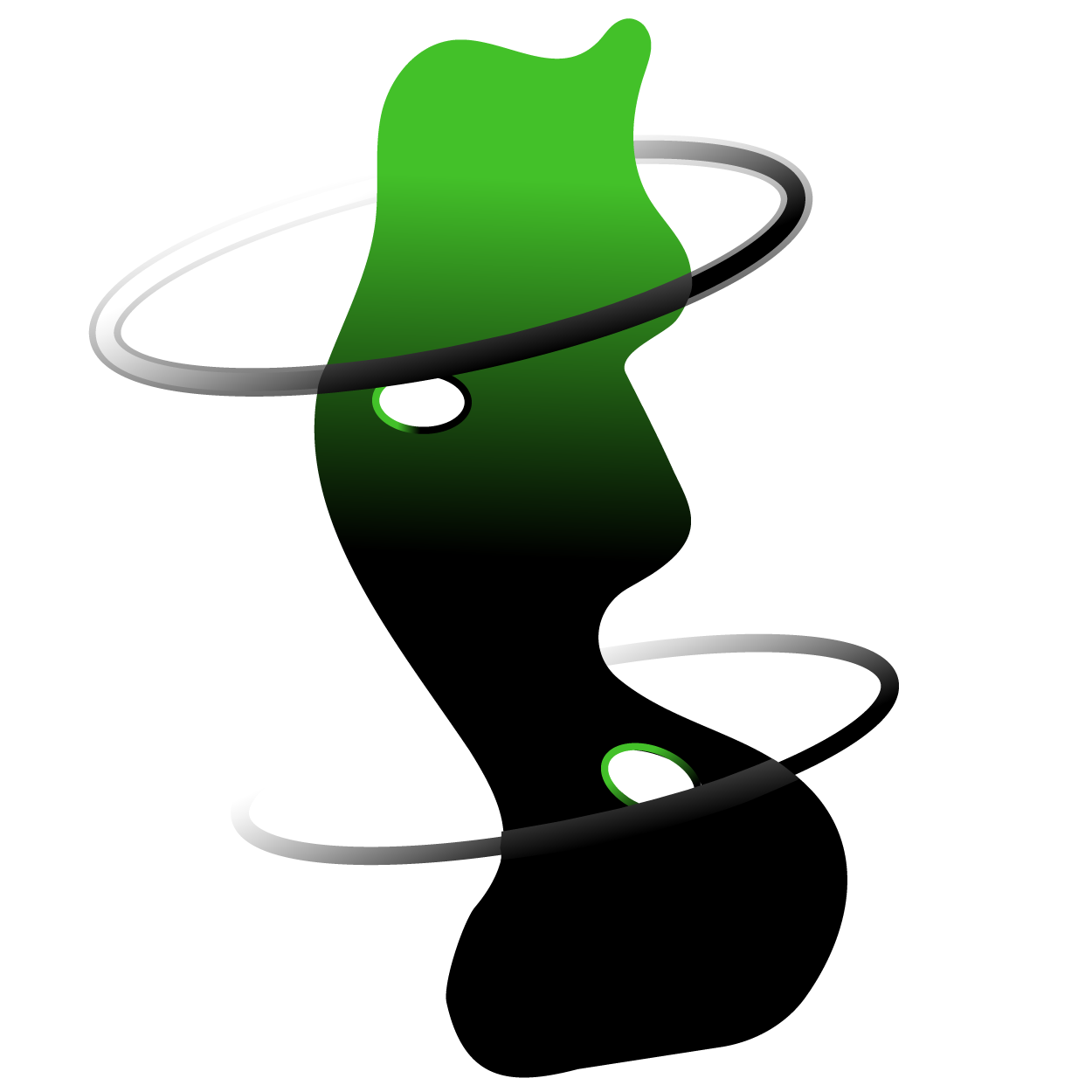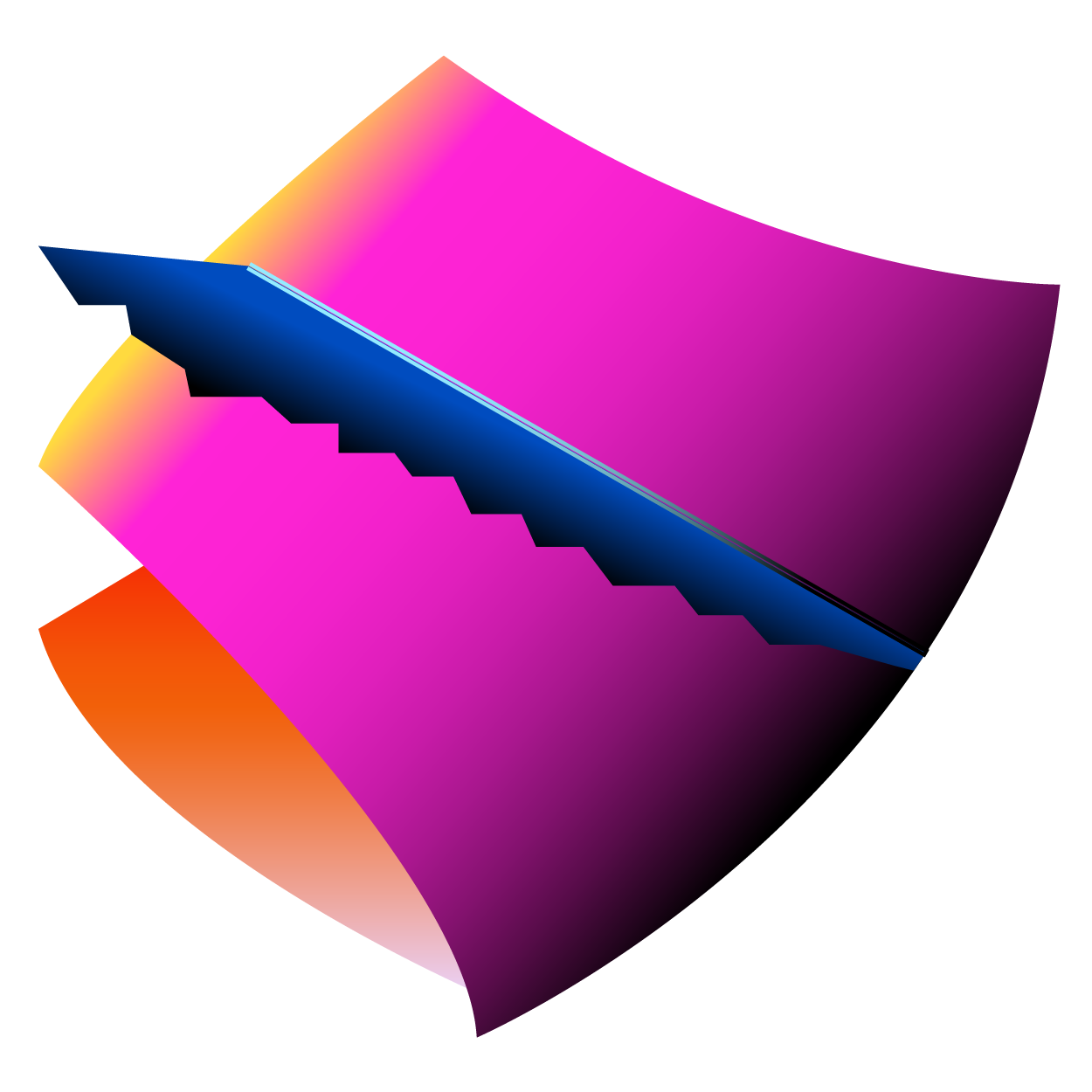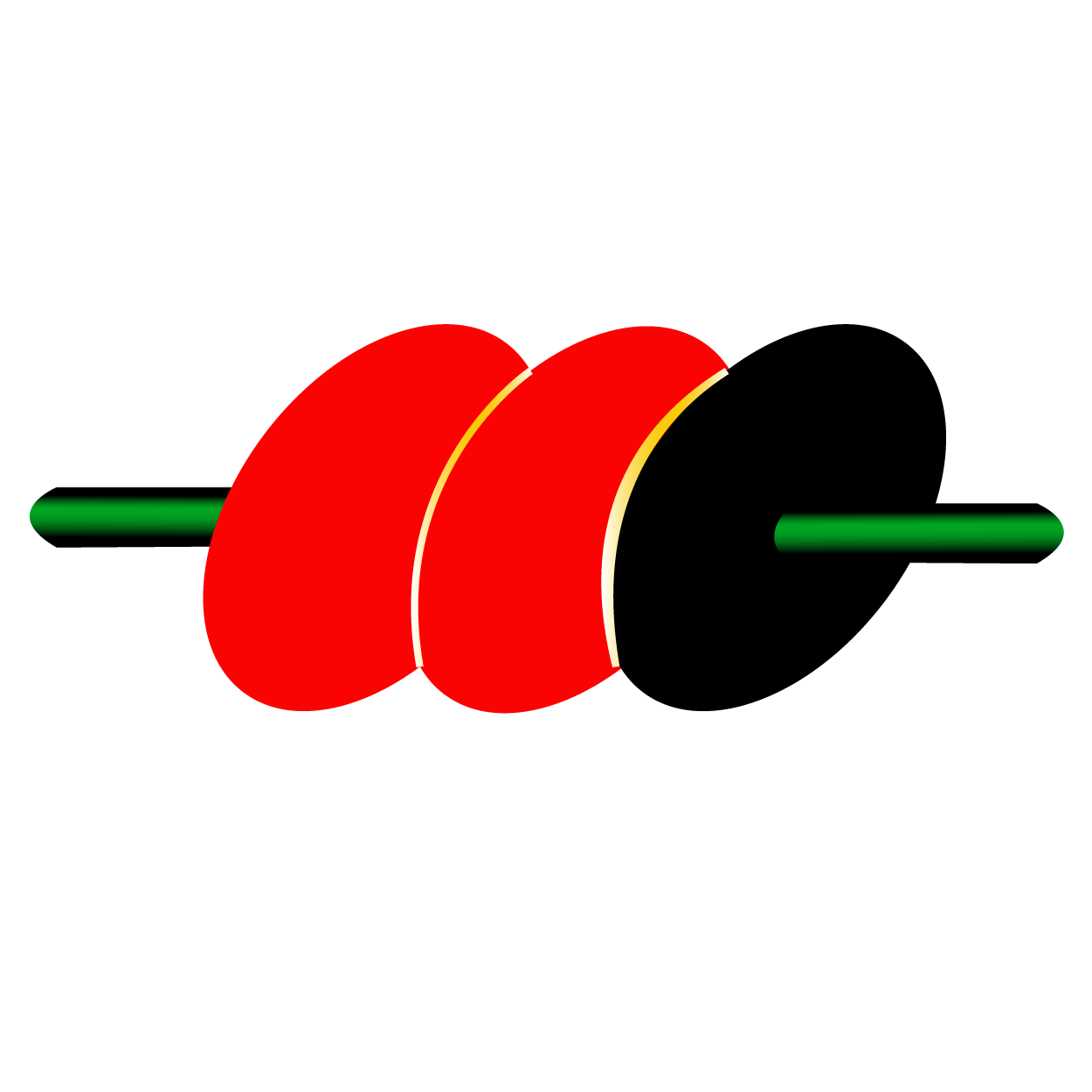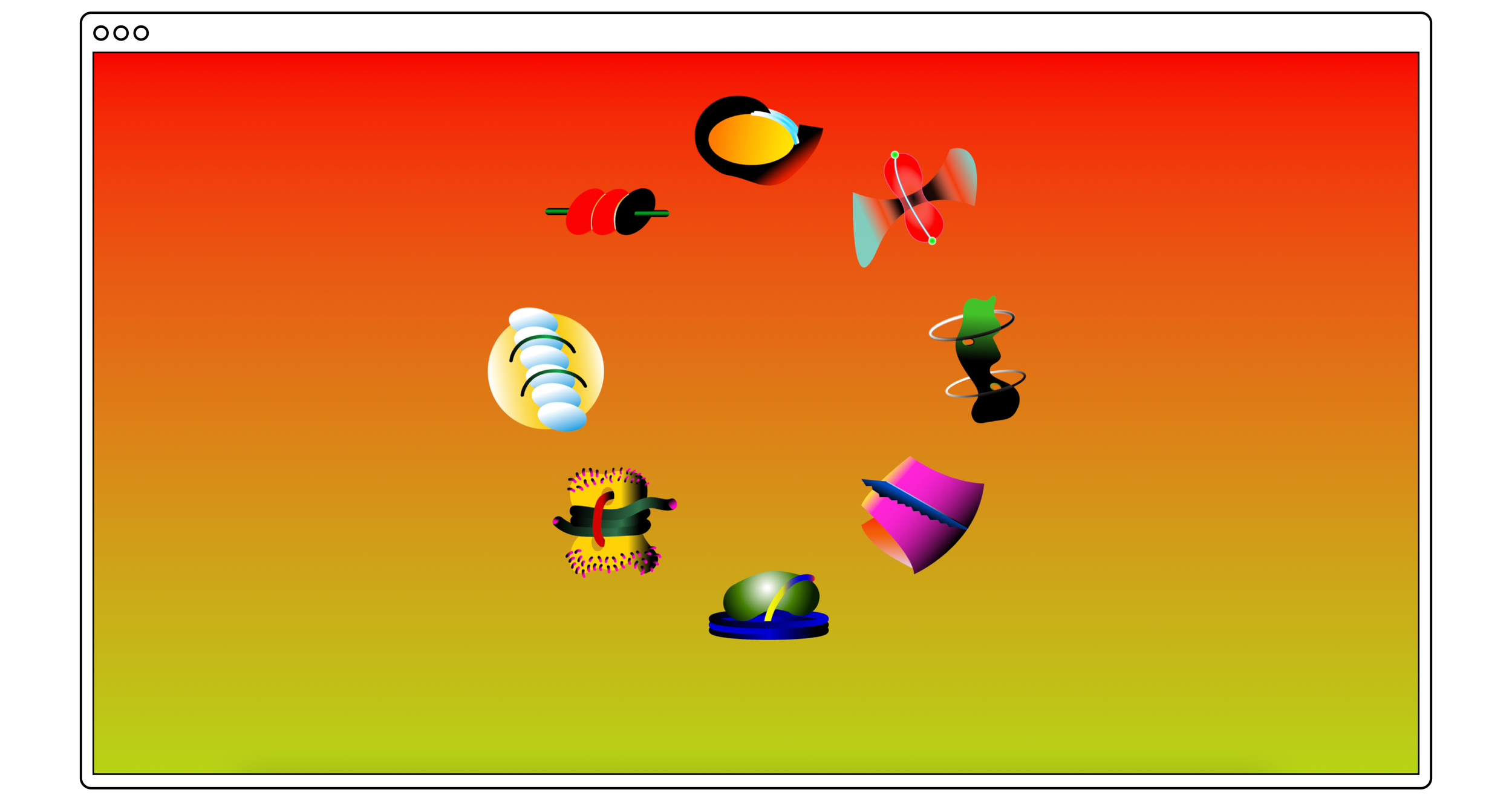*Note from the editors:
“no wrong way to play
SANDBOX reconsiders the ways in which we consume content—how we engage with websites based on headlines, subheadlines, and bylines—and how through the removal of these crucial parts we can create a level playing field that puts us back into a space of production through reading.
In this issue of UNION we use the sandbox as our starting point. Objects, whether sand, molds or the digital, are made to be picked up, turned, clicked on, and discovered. They are left in order to be made into something else; things are new, unexpected and come with the same importance as the one before. Here, synthesizers take on the form of magnets on fridges, photographs become maps, essays whisper, and complicated engineering feats become playing grounds. The published projects take on traditional means and push them out of their bounds.
SANDBOX is about replicating the feeling of not knowing what something could do. It is about designing in a way that was always counterintuitive and without order. How would we get back to picking up, clicking, and dragging objects without expectations? It was about how we could lead an audience to find something they would have ordinarily ignored. Allowing themselves to be led, not by hierarchies that we have set or by summaries that we have translated, but by instinct, in messy, turbulent ways. We hope to see readers falling into the laps of projects, maneuvering without direction and slowing down the reading process. This was all in an attempt to come back to building and destroying without consequence. It was about erasing everything we knew of literary publications to create a space in which projects could live together without needing to be coerced into a common topic sentence. Creating rules as we went and moving things to make less sense.
The methodologies of this issue came out of the movement to reframe the humanities curriculum at The Cooper Union. Through UNION we will continue to rethink how we learn and collaborate in institutions and beyond.” (x)

"Camila"

"Carolina"

"Conchita"

"Lupé"

"Sandra"

Maité

Patricia

Raisa









